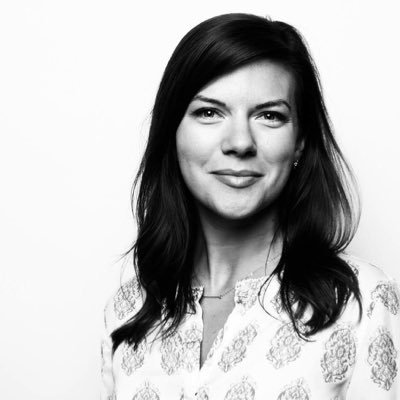Netflix Cuts Prices in Sub-Saharan Africa
Netflix has cut prices of its subscription plans in some countries as the streaming giant looks to maintain subscriber growth amid stiff competition and strained consumer spending. The shares fell 3.3%. The past year has seen intense competition in the streaming industry as a pandemic-driven boom fades and consumers curtail spending over fears of a possible recession, forcing companies to rethink their strategies.
According to the Wall Street Journal, which first reported the news, the price cuts took place in some countries in the Middle East, sub-Saharan Africa (including Kenya), Latin America and Asia. South Africa is not among them.

We can confirm that we are updating the pricing of our plans in certain countries
The cuts apply to certain tiers of Netflix in those markets — in some cases, the cost of a subscription was halved, the Journal reported.
read also Fix This Country: Big Businesses Warn South African Government That Time is Running Out
Netflix, which operates in more than 190 countries, has been looking to grow its share in newer international regions as the US and Canadian markets saturate. Earlier this month, it laid out plans to crack down on password sharing for accounts on its streaming platform.
The company added about 7.6 million subscribers in the fourth quarter after bleeding subscribers in the first half of 2022 as rivals such as Paramount+ and Disney+ raked in subscribers.
But average revenue per membership declined across regions in the last three months of 2022.
“We’re always exploring ways to improve our members’ experience. We can confirm that we are updating the pricing of our plans in certain countries,” a spokesman for the company said.
read also Carbon Capture, Utilization, and Storage: Game-Changing Technology for Africa
TechCentral has established that the price cuts in the sub-Saharan African region apply only to countries where the service is charged in US dollars rather than in local currency.
Kelechi Deca

Kelechi Deca has over two decades of media experience, he has traveled to over 77 countries reporting on multilateral development institutions, international business, trade, travels, culture, and diplomacy. He is also a petrol head with in-depth knowledge of automobiles and the auto industry

